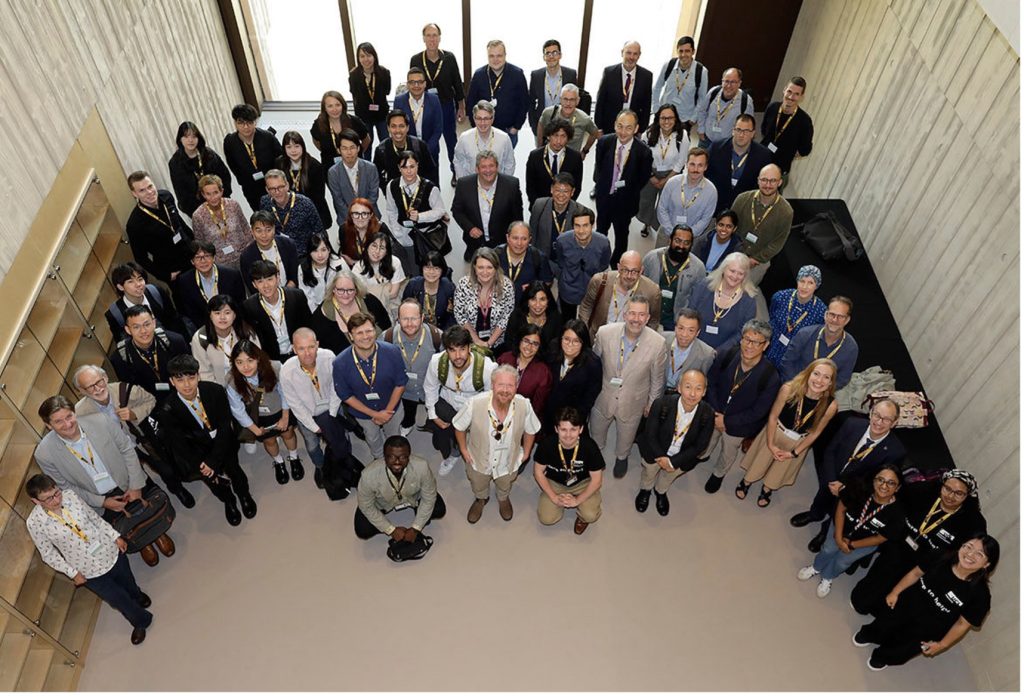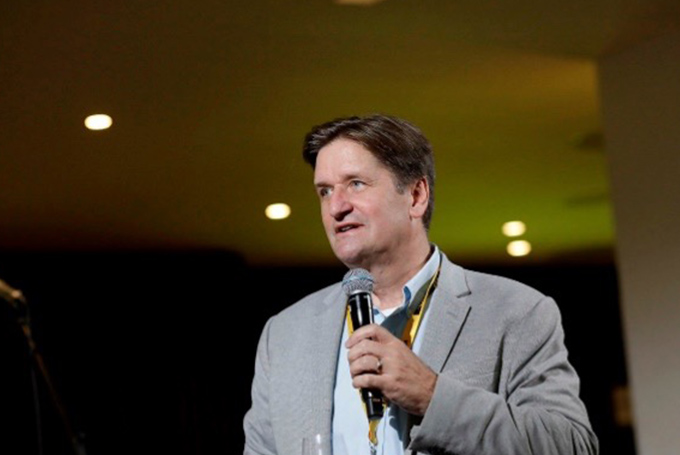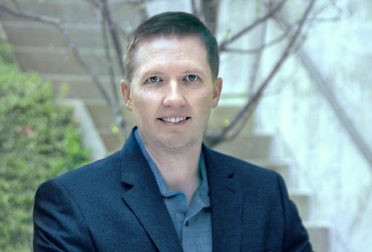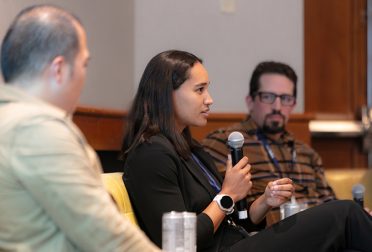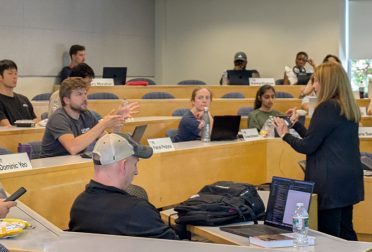Bryan R. Moser, academic director and senior lecturer in System Design and Management at the Massachusetts Institute of Technology, has been elected president of the International Society of Transdisciplinary Engineering (ISTE).
The Society
The International Society of Transdisciplinary Engineering (ISTE) was established in 2018, building on the International Society of Production Engineering. The society has explored and promoted the importance of concurrent engineering and manufacturing across the world since 1994 and the first Concurrent Engineering conference at Carnegie Mellon University.
The founding members of ISTE recognized the increasing sociotechnical complexity of challenges faced by engineers requiring them to embrace transdisciplinary ways of working. The society’s members, leaders in the practice and research of transdisciplinary engineering, seek to expand our understanding of the capabilities and roles of engineers to meet the needs of humanity today.
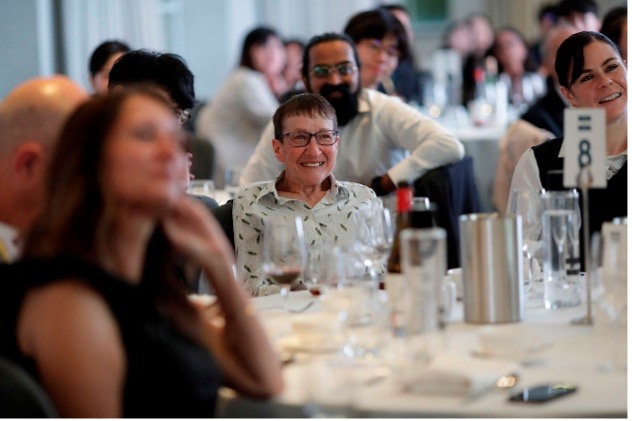
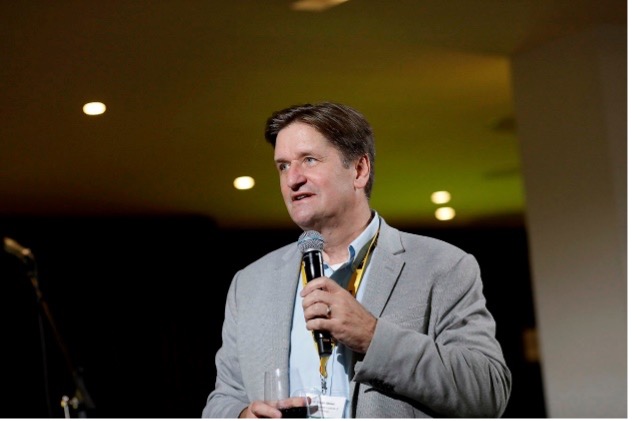
At the TE2024 Gala Dinner, held at the Institution of Engineering and Technology (IET), Savoy Place, London, Dr. Moser thanks and celebrates Prof. Newnes for her leadership and service in recent years as ISTE President.
Linda Newnes, outgoing President
Professor Linda Newnes of the Mechanical Engineering Department, University of Bath, UK, is a thought leader in transdisciplinary engineering. In 2017 she was awarded the first major research grant in the UK focused on “Designing the Future: Resilient Transdisciplinary Design Engineers” from the UK Research and Innovation funding body. This demonstrated her commitment and leadership in transdisciplinary research and practice.
In 2019 Linda was proposed as the new president of ISTE. The role of ISTE is to improve engineering research, practice, and education by widening the scope of engineering thinking, including improving the integration of and alignment between natural and social sciences and other relevant disciplines, like financial and environmental disciplines. This was core to her ethos and ways of working over the last 30 years.
Under her leadership, ISTE has tripled in membership since 2020, with members from 38 different countries covering six continents. The society has shown within six years of its establishment to be essential for future research and impact in society. Our members are amazing and key to the success of the society. We would not be where we are without them and their engagement in future proofing our society.
Bryan is leading a society on the upward track which has undergone the transition to transdisciplinary engineering. The society has solid foundations and is ready for the next phase of providing a community which transcends disciplines, sees the bigger picture and leads the way to meeting the societal goals for today and the future – a truly global community, with a fantastic and engaged community.
Linda Newnes
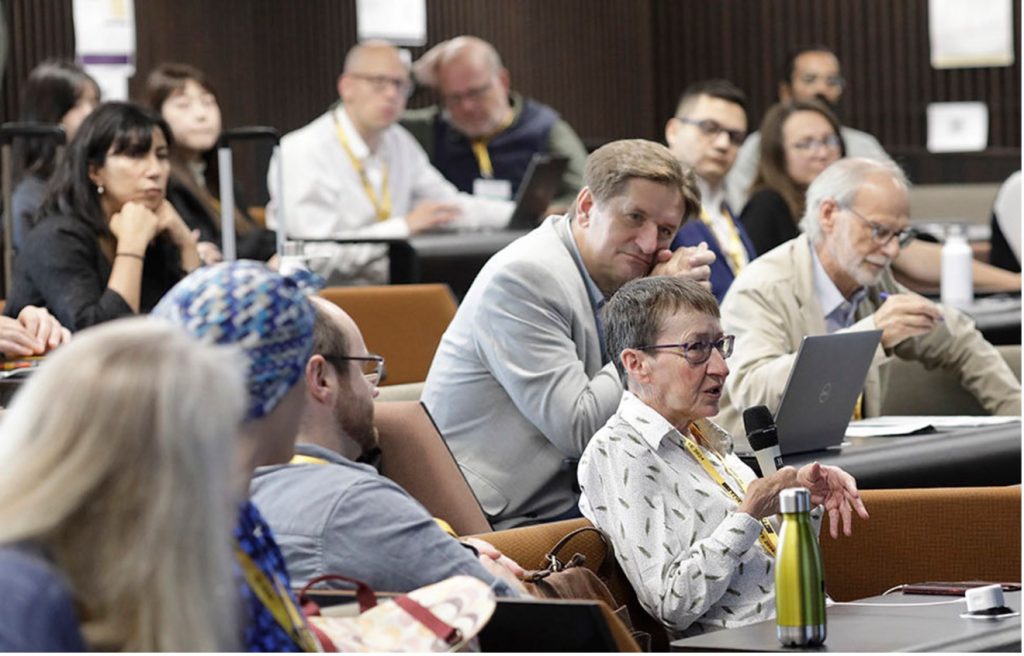
Incoming President, Bryan Moser
For several decades Dr. Moser has pioneered transdisciplinary engineering methods and teaching for engineering teams in education, research, and industrial practice. .At MIT, Moser is academic director of System Design & Management (SDM) and senior lecturer in both the School of Engineering and the Sloan School of Management. In SDM he is responsible for academic strategy including curriculum development and the quality of teaching and research. He leads the teaching of the SDM core and also teaches two advanced subjects: engineering teamwork research, and agent-based modeling of sociotechnical systems.
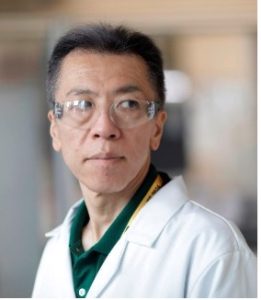
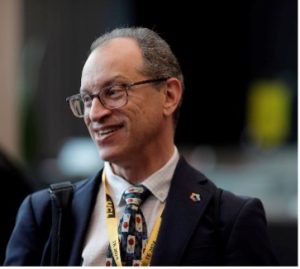
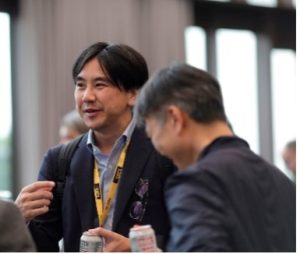
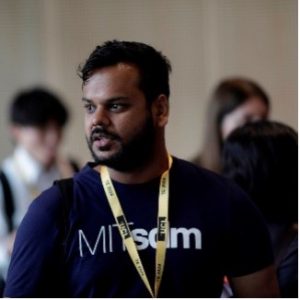
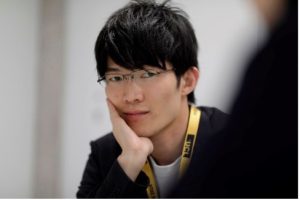
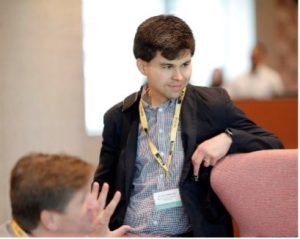
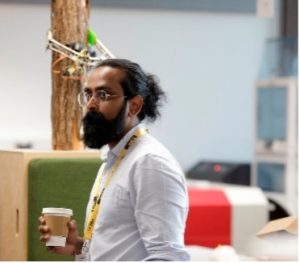
Many members of the MIT SDM community have been active participants in ISTE. Shown here from the TE2024 Conference: Prof. Shingo Kawai (SDM ’13), Bruce Hecht (SDM ’21), Prof. Ryota Wada (visiting Scholar, 2023), Akshit Singla (SDM ’21), Prof. Takuya Nakashima (visiting scholar, 2022), Dr. Michal Delkowski (SDM ’23), and Vivek Sahay (SDM ’23).
In Japan, Moser is senior researcher in the Maritime and Ocean Digital Engineering (MODE) initiative at the University of Tokyo, a visiting senior researcher to the Japan Agency for Marine-Earth Science and Technology, and a visiting professor at the Tokyo Institute of Technology. He has served on the faculty at University of Tokyo for a decade, establishing new curriculum and collaborations on complex systems in the Graduate School of Frontier Sciences.
Moser received two degrees from MIT: a bachelor of science in computer science and engineering in 1987 and a master of science in technology and policy in 1989. His doctorate in 2012 is from the University of Tokyo, Graduate School of Frontier Sciences.
Prior to returning to MIT in 2014, he worked for 25 years in industry; as a research engineer at the Basic Science Lab (A.I.) of Nissan Motor Company, as a senior research scientist at United Technologies Corporation, and as founder and CEO of GPD, the maker of the TeamPort platform for model-based project management. Bryan focuses on teamwork for complex systems problems and use of model-based methods to improve engagement and performance of diverse teams. He has applied model-building, agent-based simulation, interactive design, and instrumentation of teamwork to challenges in new product development, urban planning, R&D, infrastructure, and sustainability. He leads the Global Teamwork Lab (GTL).
